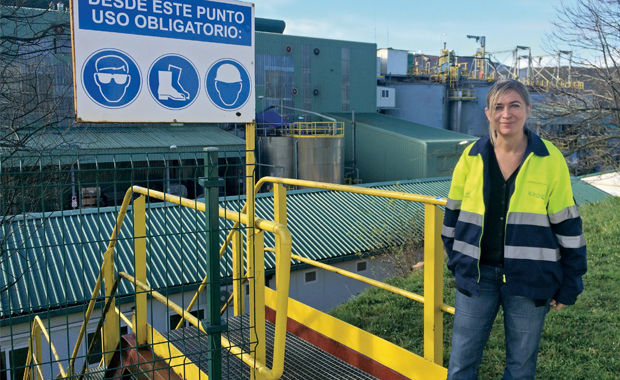Engineering A New Life In Canada
Career Opportunities For Guillermo Barreiro, Manager of Internationally Educated Graduates Integration and Liaisons at the Association of Professional Engineers and Geoscientists of Alberta (APEGA), making the move from Colombia to Canada in 2001 was a relatively easy decision it was the steps taken afterwards that ensured he had a successful career.

Making the change
“Back then Canada had been ranked the country with the highest standard of living for (about) 7 years in a row – so I was sure I could not go wrong moving here,” says Barreiro, who worked as an Electrical Engineer.
“It's important to be patient and ensure you have a proper understanding of the next step.”
But like most newcomers, the biggest challenge Barreiro faced was entering the job market. It’s no surprise that post-university, Barreiro ended up taking the role he did at APEGA, as he wanted to make the transition easy for future immigrants.
Successful transition
His advice for newcomers – learn the culture and customs of Canada to help smoothen the transition, be prepared to work hard to realize your goals, and be patient. “Rushed decisions can take you on a wrong path,” says Barreiro. “It's important to be patient and ensure you have a proper understanding of the next step.”
Upgrading your credentials
If you arrive only to find out that your previous education and experience are not enough to get a job in your field. You need to obtain Canadian credentials, but this costs money—money that you may not have available.
What do you do? Micro loans—also referred to as micro credit—are character-based loans available to persons who have difficulty accessing credit through traditional lenders, such as a bank.
Micro loans do not require the applicant to have stable employment, a good credit rating or a credit history in Canada, nor any type of collateral.
For newcomers, the relaxed criteria can bridge the divide between getting by and getting ahead.





.jpg)
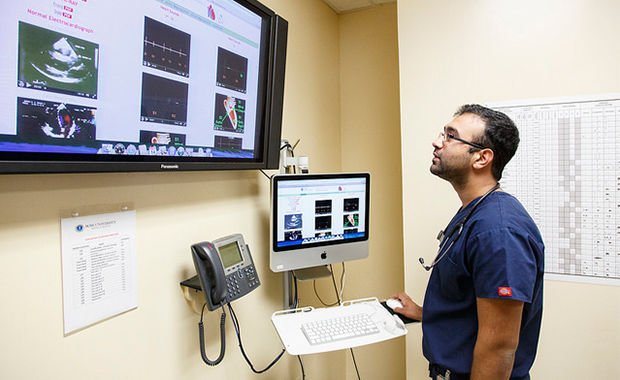



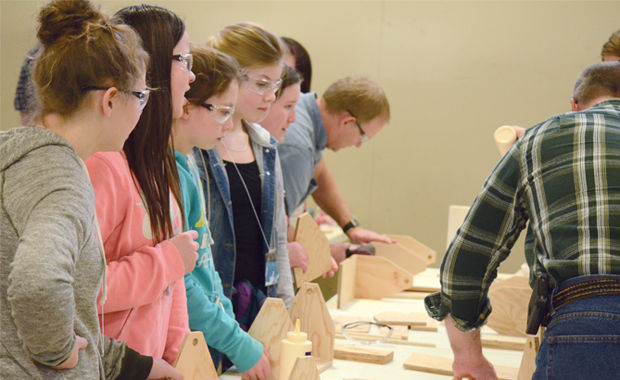





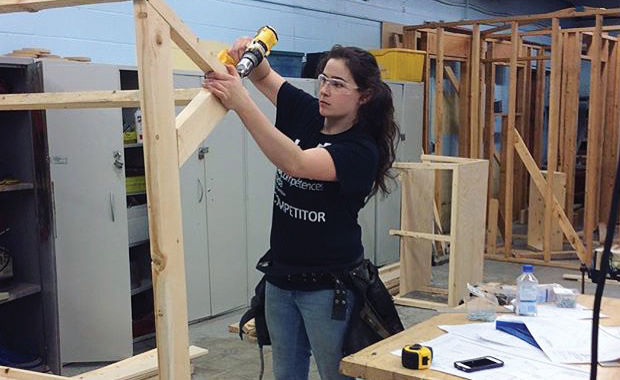
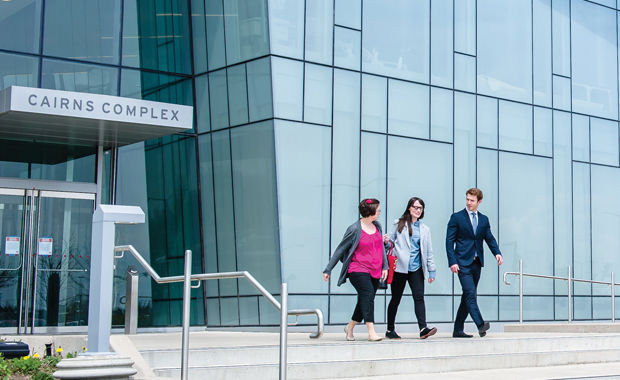

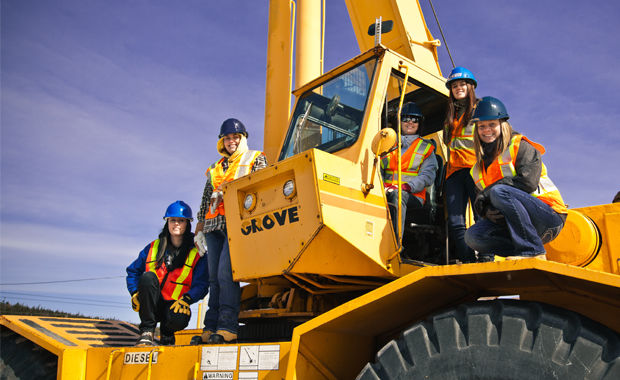

.jpg)
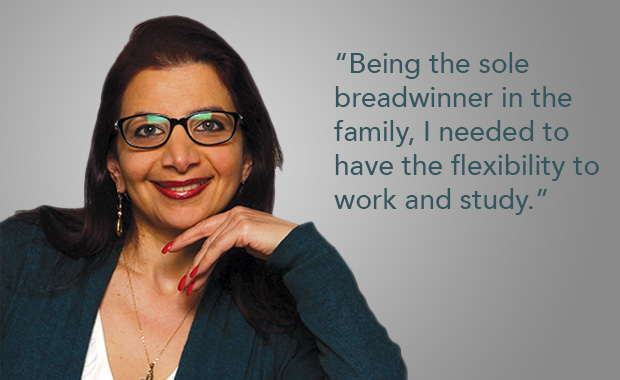
.jpg)



